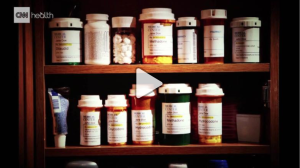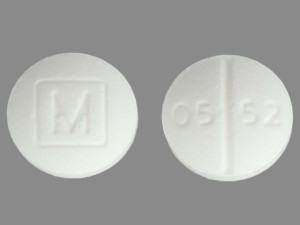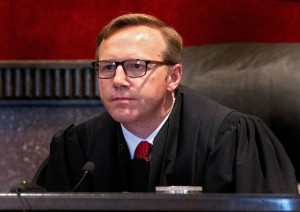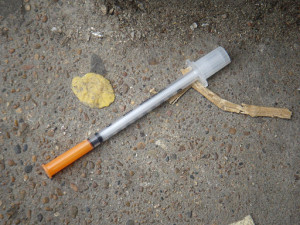
See the full CNN story here.
Four pharmaceutical companies have reached a $260 million settlement in response to the national opioid epidemic.
The settlement, announced on Oct. 21, was reached on the eve of a first-of-its-kind federal trial, CNN reports.
The settlement totaling $260 million was reached between four companies — McKesson Corp., Cardinal Health Inc., AmerisourceBergen Corp., and Teva Pharmaceutical Industries Ltd. — and plaintiffs, Summit and Cuyahoga counties in Ohio, the news site reports.
The case was dismissed with prejudice, according to U.S. District Court Judge Dan Polster.
Earlier this year, Johnson & Johnson reached a tentative settlement in Ohio in response to a federal lawsuit over the nation’s opioid epidemic, agreeing to pay $10 million to Cuyahoga and Summit counties, Ohio, as well as reimburse $5 million in legal fees and donate $5.4 million for opioid-related programs.



